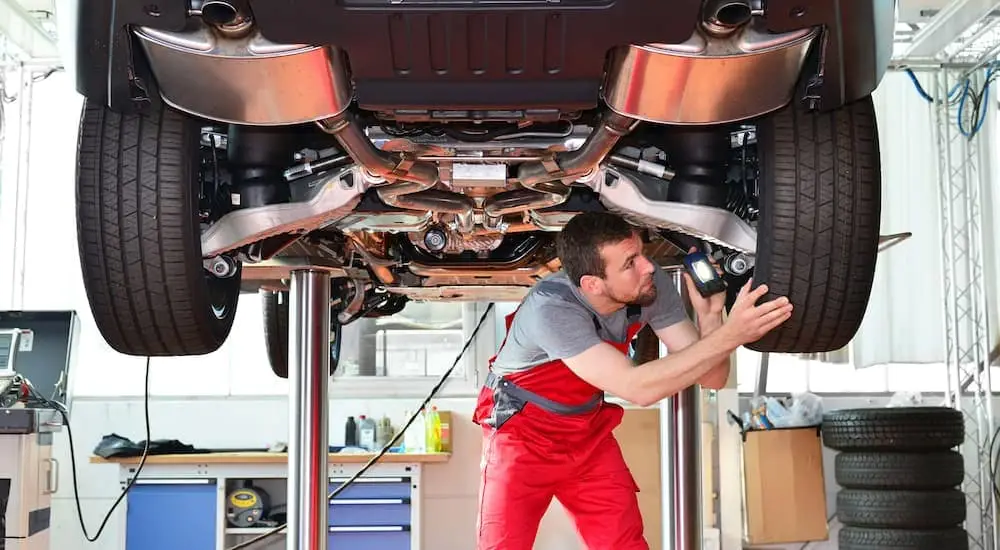MTTA: Australia’s automotive industry celebrates a milestone as EV technicians gain official classification, boosting workforce development.
In collaboration with its state associations, the Motor Trades Association of Australia (MTAA) has secured a groundbreaking milestone for the nation’s automotive sector.
All core automotive trades will now be included in the new Core Skills Occupation List (CSOL), as per a landmark decision from the Australian Government.
Historically, EV technicians have gained formal recognition with their own occupation classification under the Australian Government’s Occupation Standard Classification (OSCA).
The decision, a pivotal moment for the industry, establishes the role of EV technicians within Australia’s national framework for reporting occupation data.
A new Era for EV technicians
The classification for EV technicians will carry the code 351434, officially marking their place in Australia’s workforce.
Matt Hobbs, CEO of MTAA, reinforces the significance of this development, stating: “This is more than just an administrative change – it’s a fundamental recognition of how rapidly our industry is evolving.”
The decision reflects the automotive sector’s transformation in response to the increasing prevalence of EVs across Australia.
Matt continues: “With the exponential growth in electric vehicles across Australia, this classification provides the framework our industry needs to develop a skilled workforce capable of supporting Australia’s automotive future.”
Recognition amid rising EV adoption
The announcement’s timing aligns with a surge in EV adoption nationwide. Australian new EV sales have exceeded 100,000 units in a single year for the first time.
The record-breaking growth highlights the urgency of developing a workforce to sustain the expanding market.
“The numbers tell a compelling story about the urgent need for this classification,” Matt remarks.
“This growth trajectory, combined with the government’s soon-to-commence New Vehicle Efficiency Standard, means we must act now to build our workforce capability.”
A structured pathway for the future
The new occupation classification for EV technicians enables the standardisation of training programs across the country and provides clear career pathways for professionals in the field.
Matt says: “This achievement positions Australia’s automotive industry for the next decade. It gives businesses the confidence to invest in training and equipment, knowing there’s a formal recognition of these specialised skills.”
The development will facilitate investment in state-of-the-art tools and resources, empowering automotive businesses to meet future demands.
The recognition of EV technicians is the result of persistent advocacy efforts by the MTAA and its affiliated state organisations. These groups have worked tirelessly over several years to secure this outcome:
“The outcome demonstrates what our industry can achieve through collaboration and sustained advocacy,” Matt stated. “It ensures Australia’s automotive sector can confidently meet the challenges and opportunities of our electric vehicle future.”
Industry transformation
The announcement comes shortly after releasing the Core Skills Occupations List (CSOL), which included nine automotive roles, further emphasising the government’s acknowledgement of the sector’s significance.
“The inclusion of multiple automotive roles in the CSOL, coupled with this new EV technician classification, represents a significant win for the industry. It demonstrates the government’s recognition of the automotive sector’s critical role in Australia’s economic future and reinforces our industry’s position as a key driver of technological advancement and sustainable transport solutions.” – Matt Hobbs, CEO of MTAA.
The recognition represents more than a milestone; it’s a major step toward ensuring Australia’s automotive industry remains competitive in an electrified future.
By formally acknowledging EV technicians, the MTAA and its partners have positioned the industry to thrive in a rapidly-evolving landscape, setting the stage for innovation, sustainability and growth.



